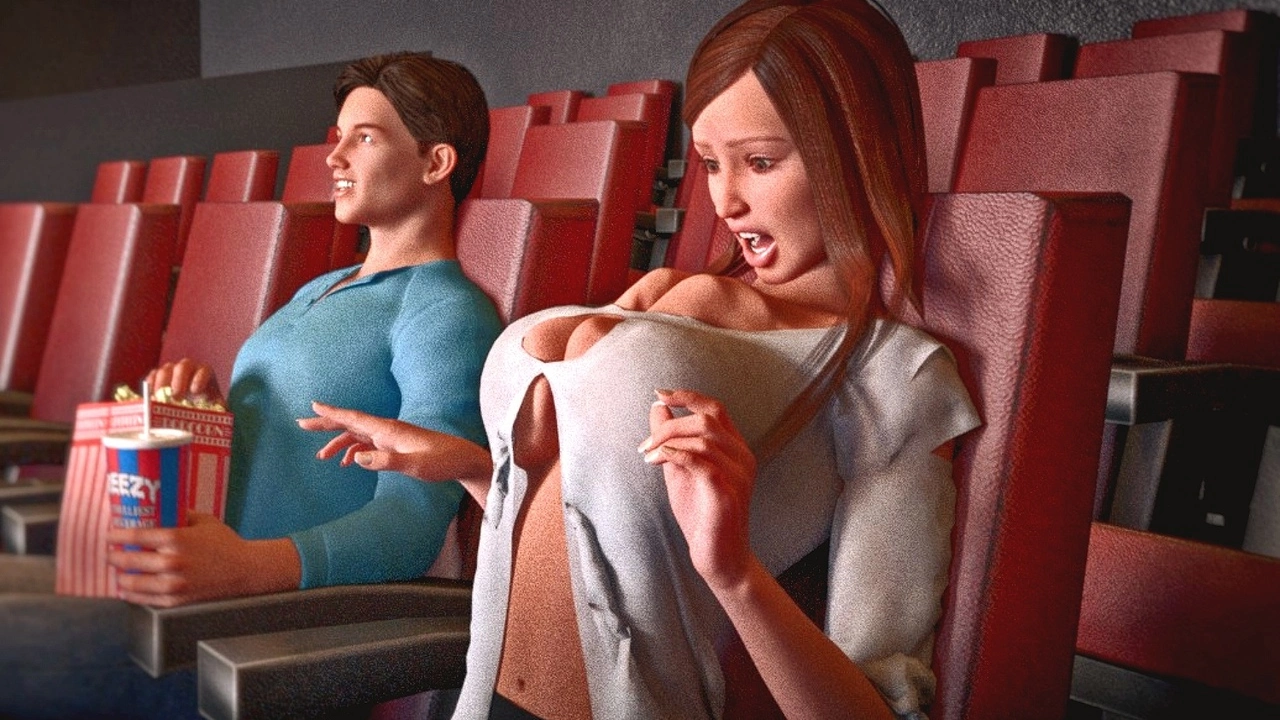Movie Endings Explained: Why They Matter and How They Hook You
Ever walked out of a cinema feeling confused or disappointed because the ending didn’t click? You’re not alone. A movie’s ending is the last thing viewers remember, and it can turn a good story into a great one—or ruin it completely. Let’s break down what makes an ending work, the common mistakes to avoid, and some tricks filmmakers use to keep you thinking long after the credits roll.
What a Good Ending Does
A solid ending does three things: it wraps up the main plot, gives the characters a sense of resolution, and leaves an emotional impact. Think of the climax as the final lap of a race – all the tension builds, the cars line up, and the winner crosses the finish line. In a film, the climax is the moment where the central conflict reaches its peak, and the outcome decides whether the story feels earned.
When the ending ties back to themes introduced early on, it feels like a full circle. For example, if a movie starts with a character’s fear of failure, a satisfying finale will show how they face that fear, even if the result isn’t a win. This payoff rewards viewers for paying attention to the story’s details.
Common Pitfalls and How to Fix Them
One frequent problem is the “lazy wrap‑up,” where everything is resolved too quickly or without explanation. It’s like finishing a race with a flat tire and still claiming victory – it just doesn’t add up. To avoid this, filmmakers should give the audience clues along the way, so the ending feels inevitable rather than forced.
Another trap is the “over‑explained” ending. When a movie spells out every detail and leaves no room for interpretation, it strips away the audience’s imagination. A little mystery can be powerful; it invites viewers to discuss and theorize, extending the film’s life beyond the theater.
Lastly, sudden tonal shifts can jar the audience. If a light‑hearted comedy ends with a bleak, dramatic scene, it may feel out of place. Consistency in tone, even if the ending introduces a twist, helps keep the story cohesive.
So, what can you, as a viewer, look for? Pay attention to how well the ending answers the questions the film posed, whether it respects the characters’ journeys, and if it leaves you with a feeling – be it hope, sadness, or curiosity.
Whether you’re a casual movie fan or an aspiring filmmaker, understanding the mechanics behind movie endings can sharpen your appreciation and maybe even improve your own storytelling skills. Next time you watch a film, notice how the final scenes line up with the rest of the story. You might just spot the hidden gears that make the ending click into place.

What movie ending made you say 'no wait, really?'?
In my recent blog post, I delved into the world of surprising movie endings that left me exclaiming, "no wait, really?". I touched on a range of films that left me genuinely shocked, bewildered, and even a little confused. I also discussed the impact these unexpected conclusions had on my overall movie experience. In this post, I shared my personal thoughts and reactions, hoping to spark a conversation about how these twists and turns can either make or break a movie. So, join me on this cinematic journey as we explore the power of an unexpected ending.